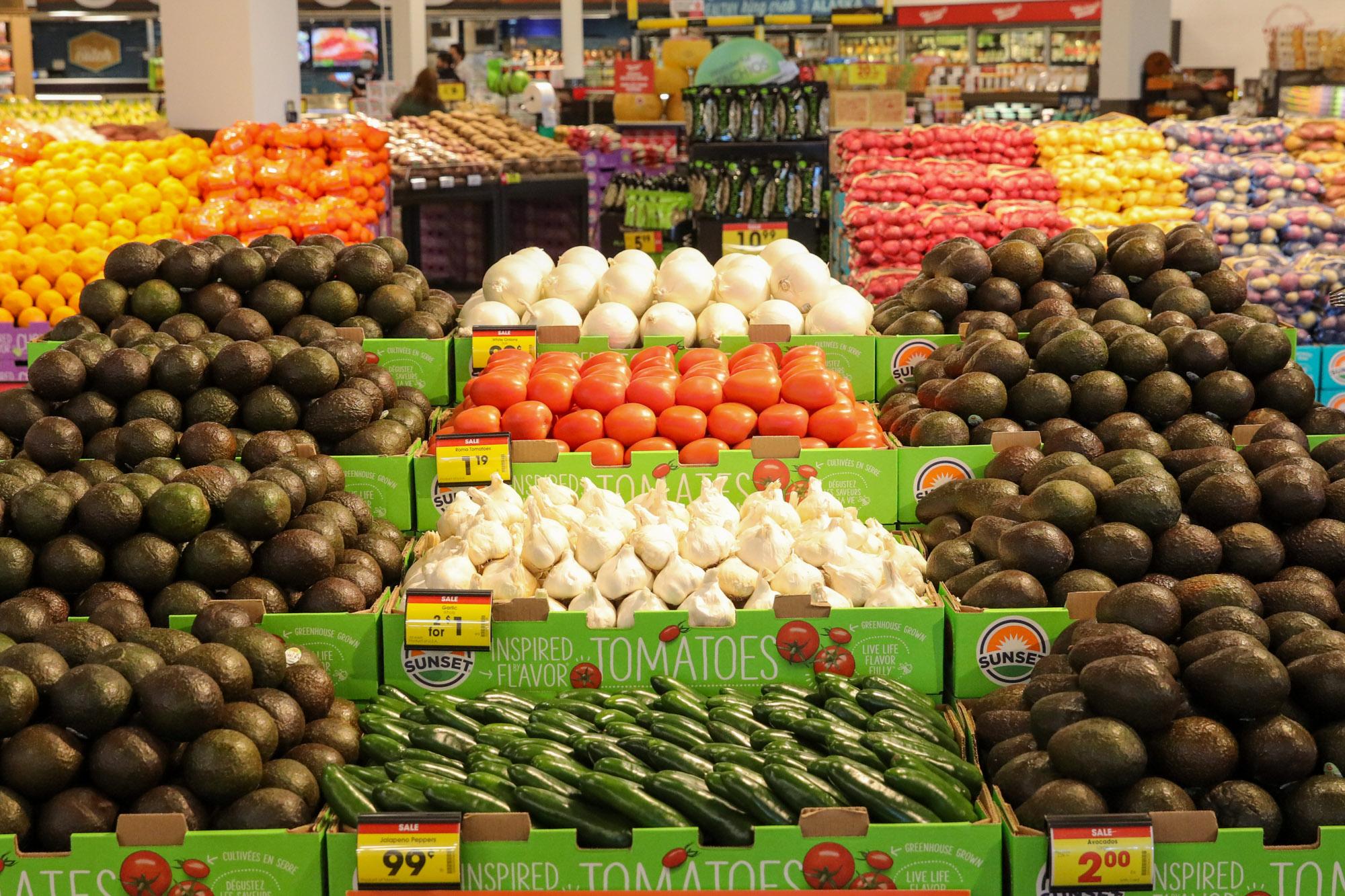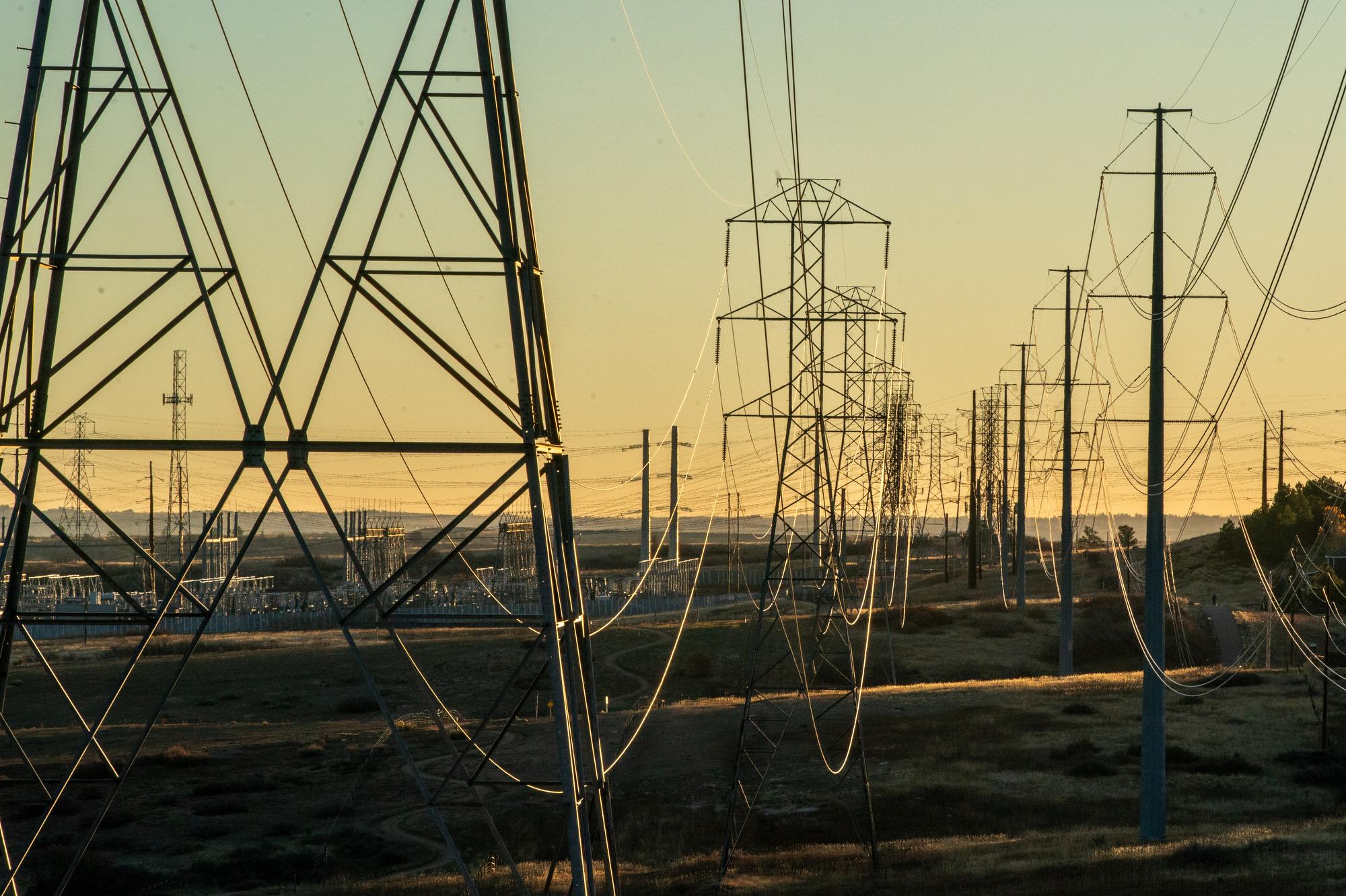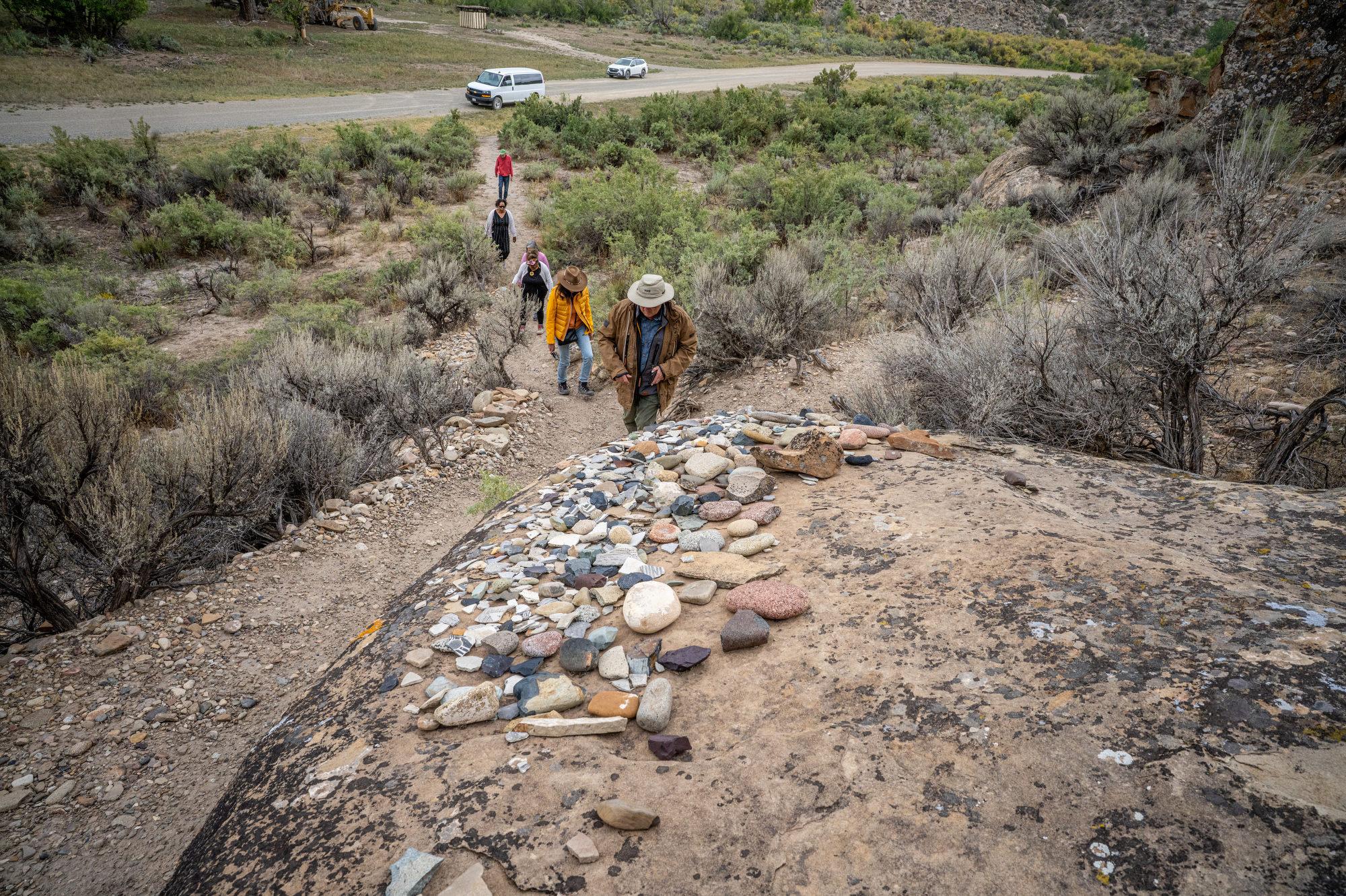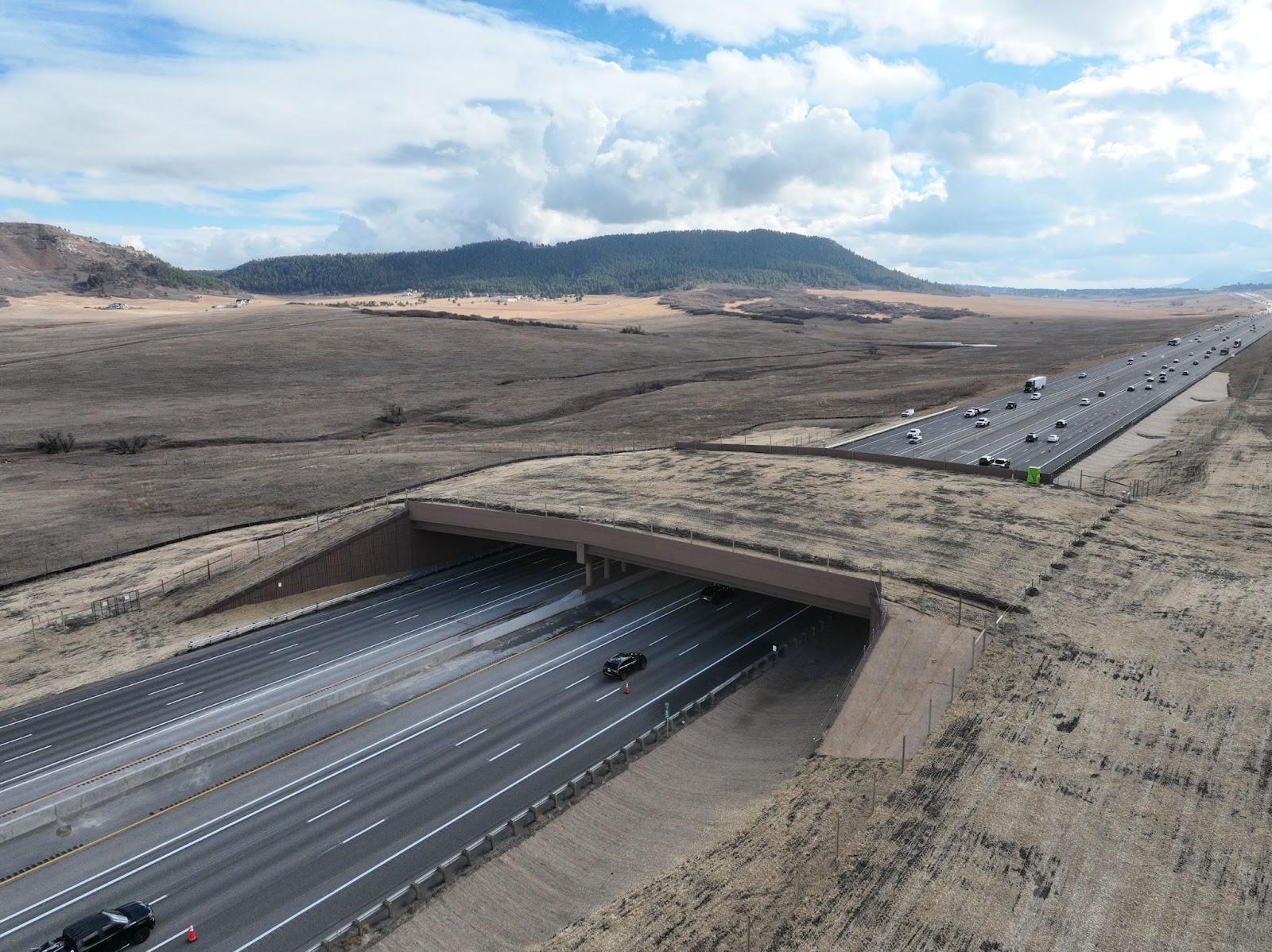
Inflation in Colorado continued to slow in July, a welcome trend for shoppers and federal regulators that have been fighting rising prices across the U.S. for more than two years.
Prices in the metro area — which is the Colorado region tracked by the federal government and encompasses Adams, Arapahoe, Broomfield, Clear Creek, Denver, Douglas, Elbert, Gilpin, Jefferson, and Park counties — rose 1.9 percent in July from a year ago, according to the U.S. Bureau of Labor Statistics, marking the smallest increase in more than three years.
Denver’s inflation rate is running lower than the rest of the U.S. Falling energy prices have been a boon for Coloradans for the past year, labor data show. Gas prices, while up slightly this summer because people always drive more in the warm weather month, are down 12 percent from this time in 2023.
When it comes to the grocery store, a particular pain point for consumers, prices were mostly flat in August compared to last year. But dining out is still getting more expensive. The cost of food at restaurants was up 5.7 percent.
Other things that cost more than a year ago include housing, tuition and child care. Things like cars and apparel are significantly cheaper.
Economists expect the Federal Reserve to start cutting interest rates next month. That will make it cheaper for Coloradans to borrow money. One of the most visible places high interest rates show up is in the housing market. Mortgage rates are already ticking down in anticipation of lower rates in the coming months.









